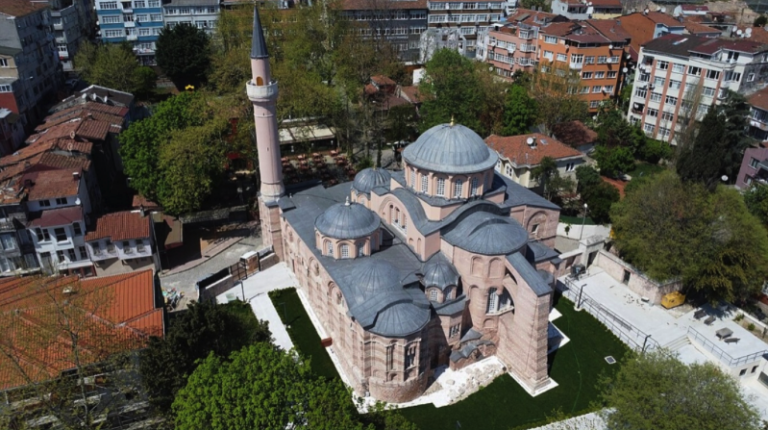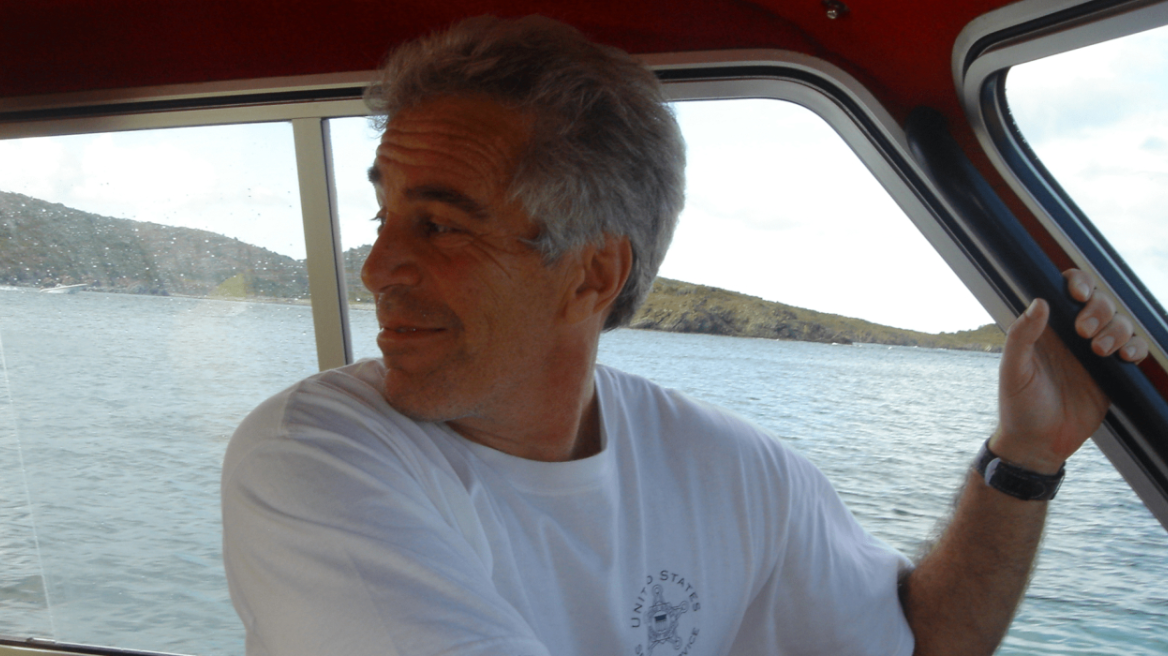The Byzantine church of the Chora Monastery in Istanbul is scheduled to reopen as a mosque today, Turkish media reports.
The state-run Anadolu News Agency reported that President Recep Tayyip Erdogan is to attend a ceremony to mark the completion of the General Directorate of Vaqufs’ works to preserve 201 historical monuments, including the Chora Monastery.
According to the schedule, during a ceremony at the conference centre of the presidential palace in Ankara, President Erdogan will connect directly with the Country Monastery.
Earlier reports had timed the inauguration of the historic Byzantine temple with priceless mosaics around Feb. 23, but Turkey’s General Directorate of Vaqufs refuted them, announcing that the Chora Monastery will open as a mosque in May.
The works lasted four years.
The Church of St. Saviour in Chora, the katholikon of the former monastic complex, dates back to the 6th century AD, while its unique mosaics and frescoes were created in the 14th century, from 1305 to 1320, during the reign of the Paleologues.
It is the monument with the most elaborate Byzantine mosaics that survives in Constantinople, along with Hagia Sophia and the Monastery of Pammakaristou, which also functions as a mosque under the name of Fethiye. Hagia Sophia was also attributed to Muslim religious worship in 2020.
Former NASA engineer says he’s invented a thruster that doesn’t require propellant
The Chora Monastery was converted into a mosque in 1511, 58 years after the Fall of Constantinople. However, by decision of the Turkish cabinet, it became a museum in 1945.
Following this decision, experts from the US carried out a huge restoration and conservation project of the mosaics and frescoes, tearing off plaster that covered them. The work, which began in 1948, was completed ten years later, in 1958.
But in 2019 Turkey’s Council of State (Danistay) annulled the 1945 decision and, a year later, President Erdogan announced that the monument would be reopened as a mosque.
Ask me anything
Explore related questions





